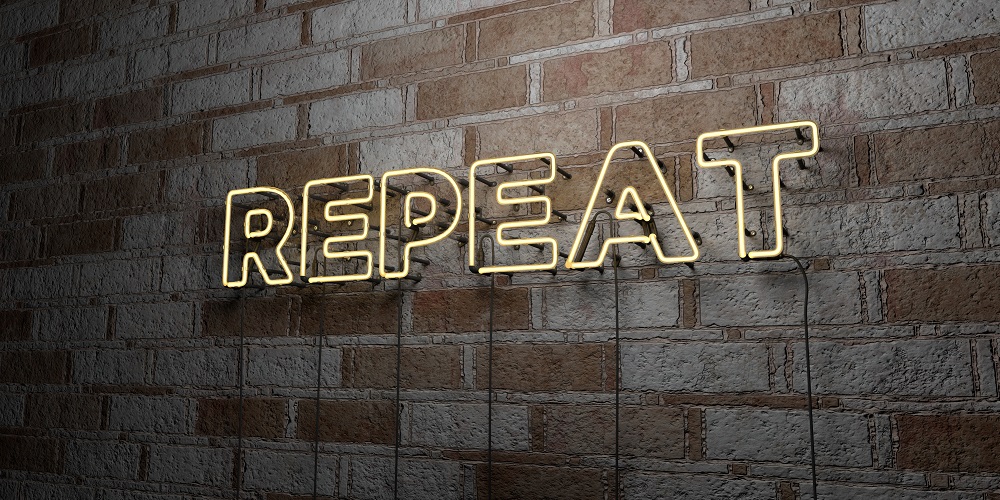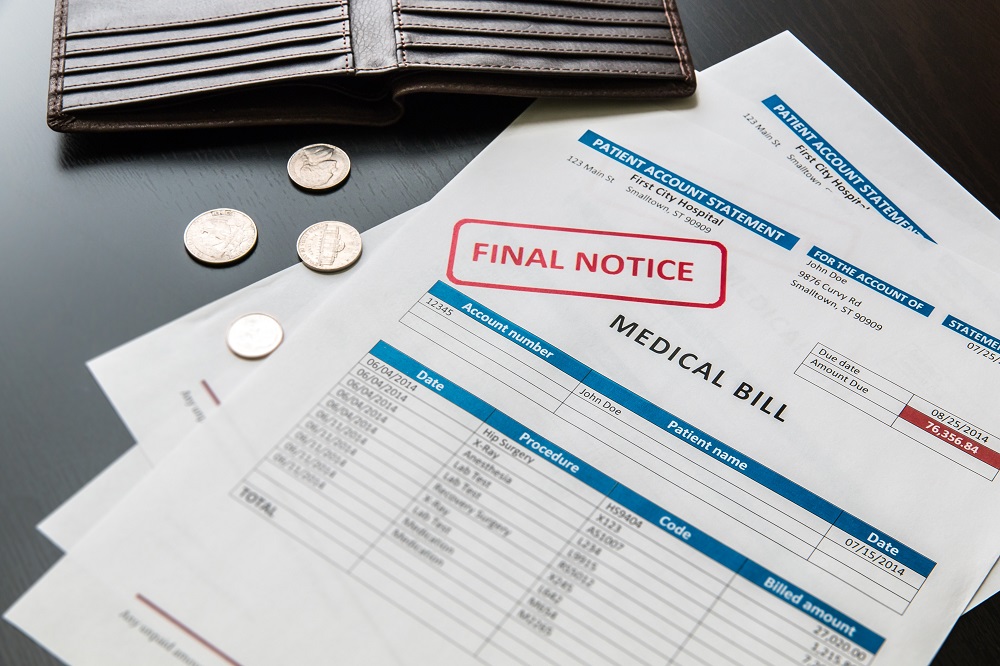Automatic Stay after Filing Bankruptcy – What is it?
When filing for bankruptcy, it’s important to acquaint yourself with some of the key terminology. Automatic stay is one of the primary terms because it affects both the debtor and creditors. The automatic stay after filing bankruptcy is the tool that keeps creditors from attempting to collect debt after a person files for bankruptcy. Here’s everything you need to know about the imposition of the automatic stay in an Arizona bankruptcy.
A Brief Overview of the Automatic Stay
As soon as a bankruptcy case is filed with the court, the automatic stay comes into effect.
Upon the filing, the respective Arizona court makes an order available. This order prevents any debt collection efforts against the individual that has filed for bankruptcy. Any action on behalf of the creditors is prohibited by 11 U.S.C. Section 362.
What Type of Protection does the Automatic Stay Guarantee?
The automatic stay applies to a wide array of debts in Arizona. Creditors are prevented from engaging in any of the following:
- Starting a new lawsuit against the debtor
- Continuing a lawsuit against the debtor
- Starting collection efforts
- Repossessions and foreclosures
- Trustee sales
Some of the debt varieties that the automatic stay will apply to include:
- Personal and business loans: this applies to all kinds of personal debts, whether the loan has been taken from a bank or another financial institution. The same applies to business loans, unless these are taken under the name of the business. If this is the case, a person filing for bankruptcy will still have to deal with corporate debt.
- Credit card debt: a credit card company cannot send collection letters or contact the debtor for the purpose of getting a repayment once the automatic stay becomes effective. It’s also impossible for collection lawsuit to be filed.
- Medical bills: the situation is pretty much the same as with credit card debt.
- Tax debt: the IRS doesn’t have the right to levy bank accounts or garnish wages after the automatic stay becomes effective. One thing to keep in mind, however, is that many kinds of tax debt cannot be eliminated even under Chapter 7 bankruptcy filing.
- Student loan: this is another type of debt that can’t be discharged typically but that will be subjected to the automatic stay.
- Car loans: this is typically a secured type of loan and the automatic stay can prevent vehicle repossession for a certain period of time. Payments will still have to be made for the debtor to keep the car in the long run.
- Mortgages: the situation is similar as with car loans because this is another type of secured debt that’s covered by collateral. Monthly payments will still be required for the debtor to keep their house.
Can the Automatic Stay be Lifted?
 In Arizona, it’s possible for creditors to file a motion for the lifting of the automatic stay. Such a motion will typically be filed whenever the debtor is very far behind on payments. The motion applies to Chapter 7 bankruptcies and it is especially applicable whenever a person files for bankruptcy shortly before a foreclosure date.
In Arizona, it’s possible for creditors to file a motion for the lifting of the automatic stay. Such a motion will typically be filed whenever the debtor is very far behind on payments. The motion applies to Chapter 7 bankruptcies and it is especially applicable whenever a person files for bankruptcy shortly before a foreclosure date.
In this situation, being represented by an experienced attorney will be crucial. A lawyer who has a lot of experience with Arizona bankruptcies will challenge the motion by providing legitimate reasons for the automatic stay to continue.
A judge, for example, will typically refrain from lifting the automatic stay whenever a debtor is applying for home modifications.
Another important thing to know is that “serial” bankruptcy filing can eliminate some of the protections that Arizona debtors will otherwise be entitled to. Serial filing is defined as more than one bankruptcy attempt over the course of 12 months. Whenever a person files for the second time within this period, the automatic stay after filing bankruptcy gets limited to 30 days.





